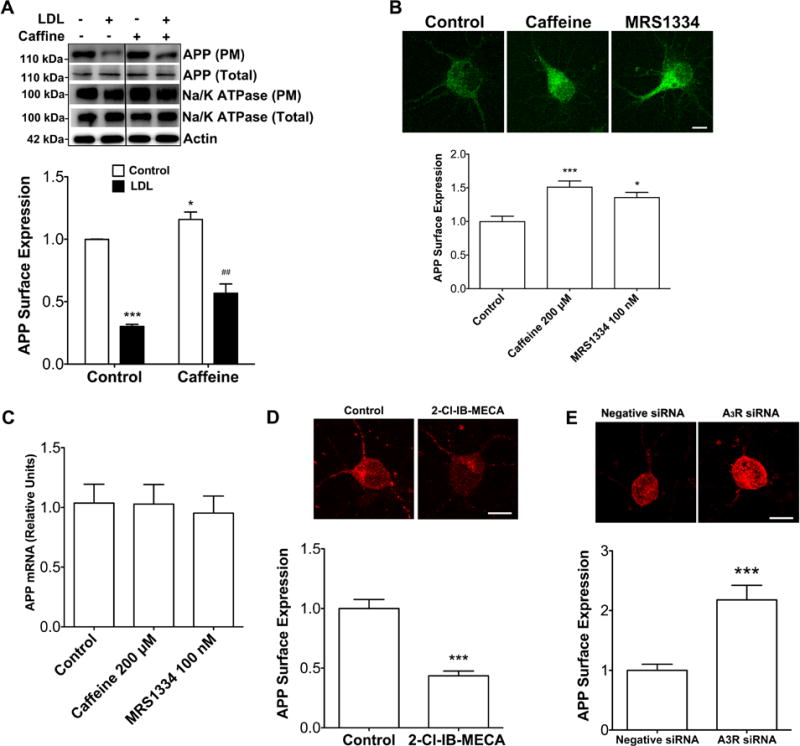Figure 4. Caffeine suppressed AβPP internalization.

(A) LDL cholesterol (50 μg/ml) treatment for 30 min did not affect AβPP protein levels in total cell lysates, but decreased significantly AβPP protein levels in plasma membrane fractions, and such effects were attenuated significantly by caffeine (200 μM) treatment for 24 h (n = 4, ***P < 0.001 vs. Control, ##P < 0.01 vs. LDL). Neither LDL nor caffeine affected significantly protein levels of Na/K ATPase in plasma membrane fractions or in total lysates. In addition, caffeine treatment alone increased significantly AβPP protein levels in plasma membrane fractions (n = 4, *P < 0.05 vs. Control). (B) Caffeine (200 μM) treatment for 24 h increased significantly surface expression levels of AβPP (n = 23, ***P < 0.001). Similar to caffeine, blocking adenosine A3Rs with MRS1334 (100 nM for 24 h) increased significantly surface expression levels of AβPP (n = 20, *P < 0.05). Bar=10 μm. (C) Neither caffeine nor A3R antagonist treatment affected AβPP mRNA levels. (D) Activation of A3Rs with 2-Cl-IB-MECA (100 nM for 24 h) decreased significantly surface expression levels of AβPP (n = 23, ***P < 0.001). Bar = 10 μm. (E) A3R knockdown increased significantly surface expression levels of AβPP (n = 21, ***P < 0.001). Bar = 10 μm
